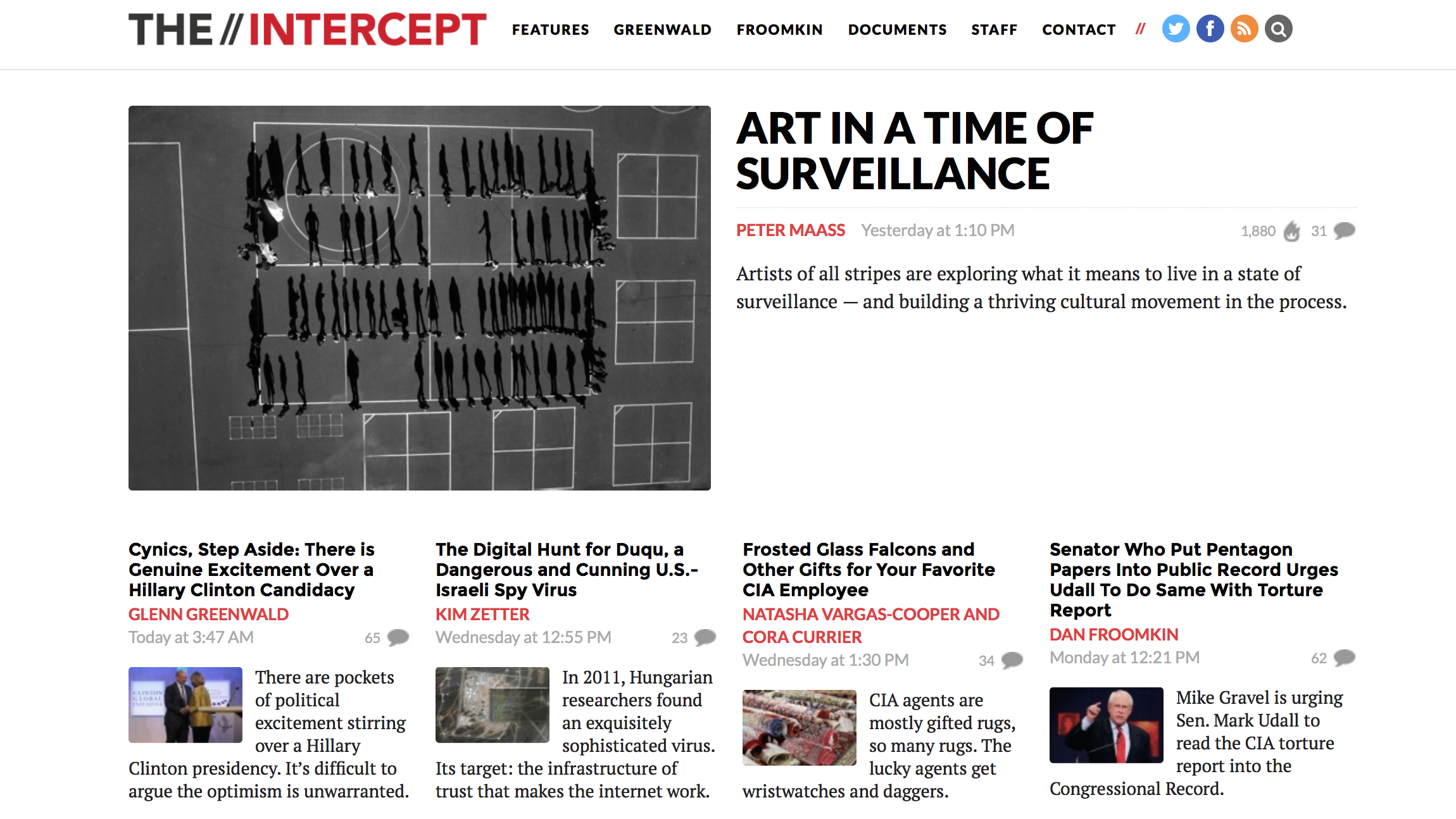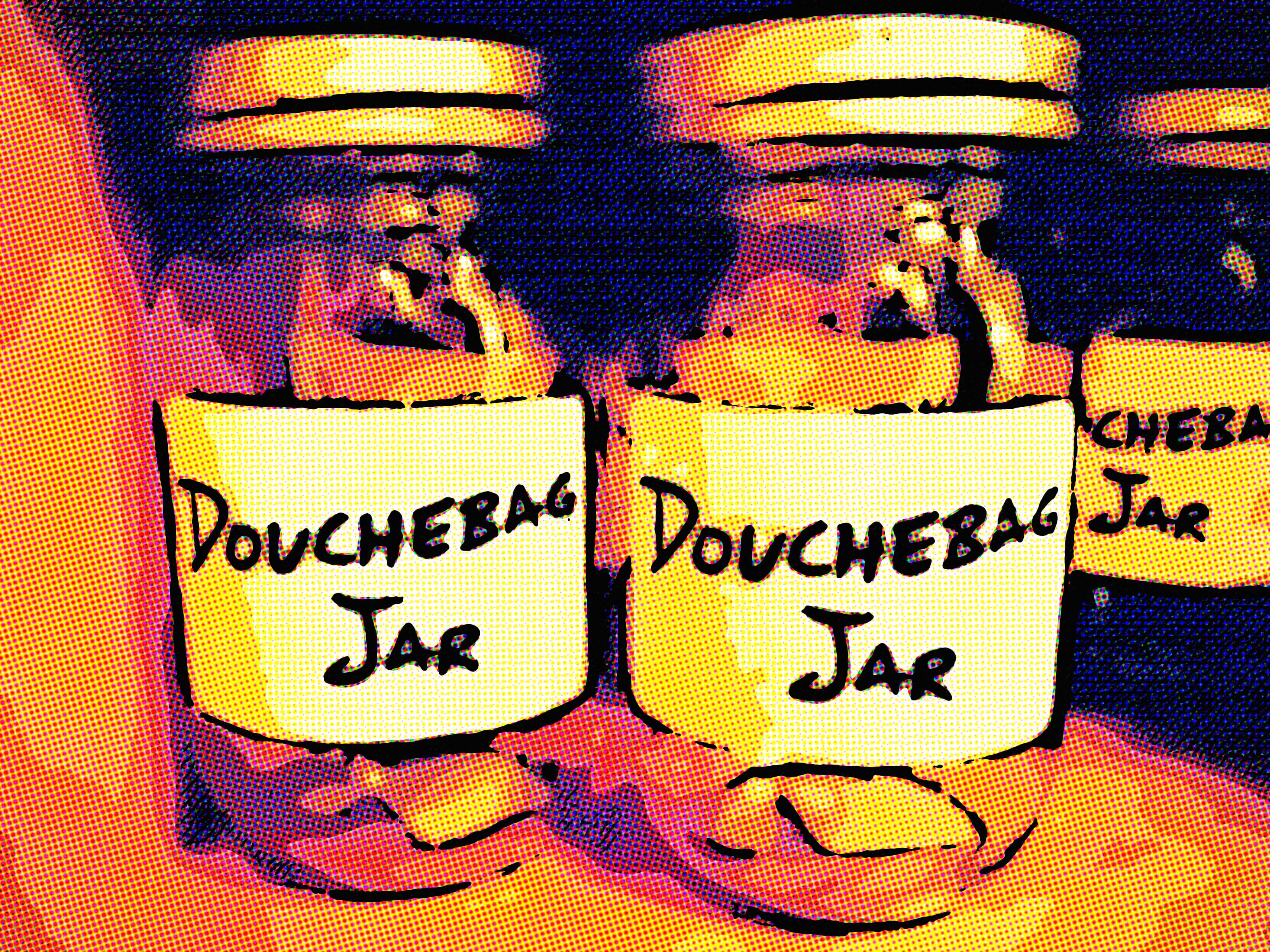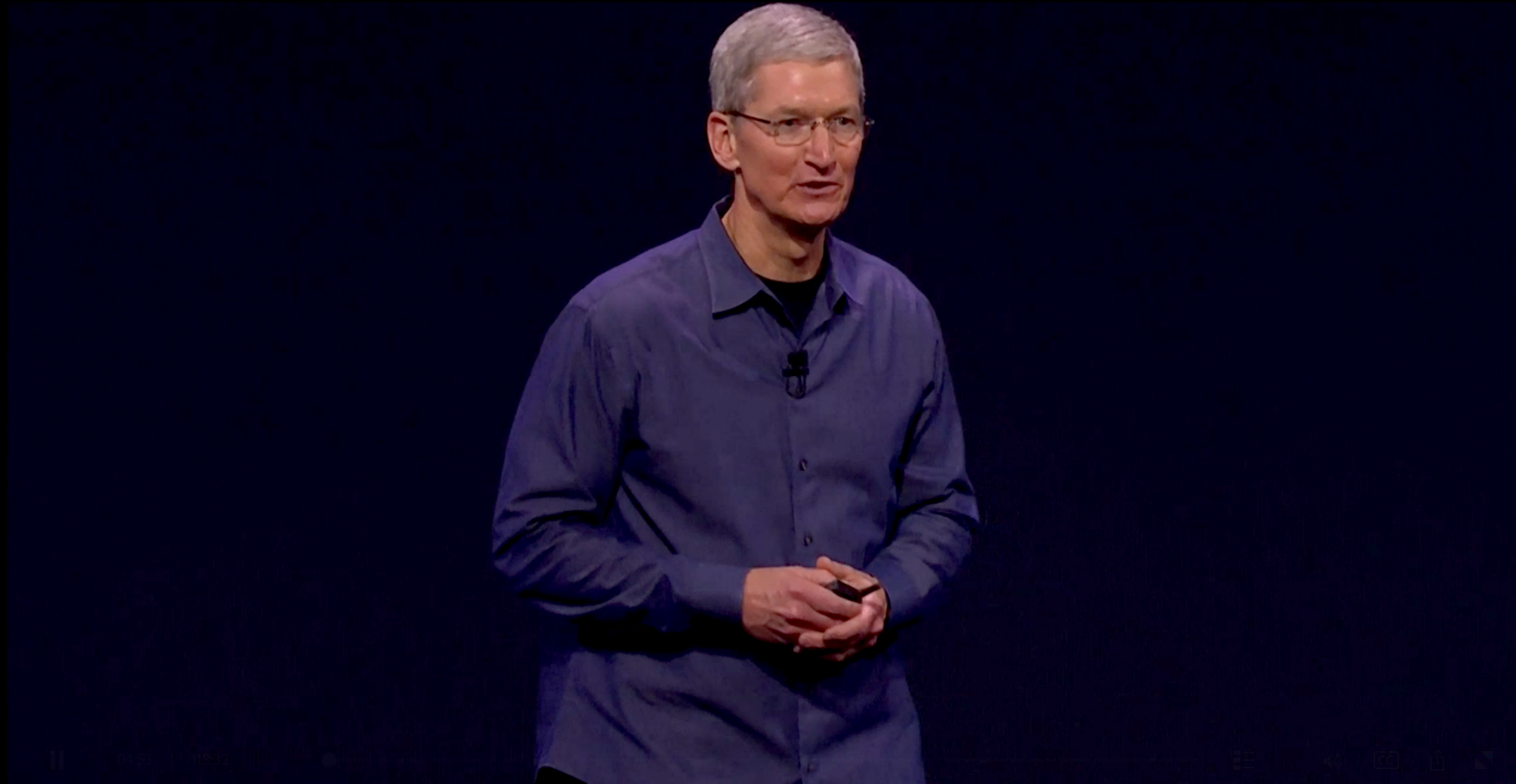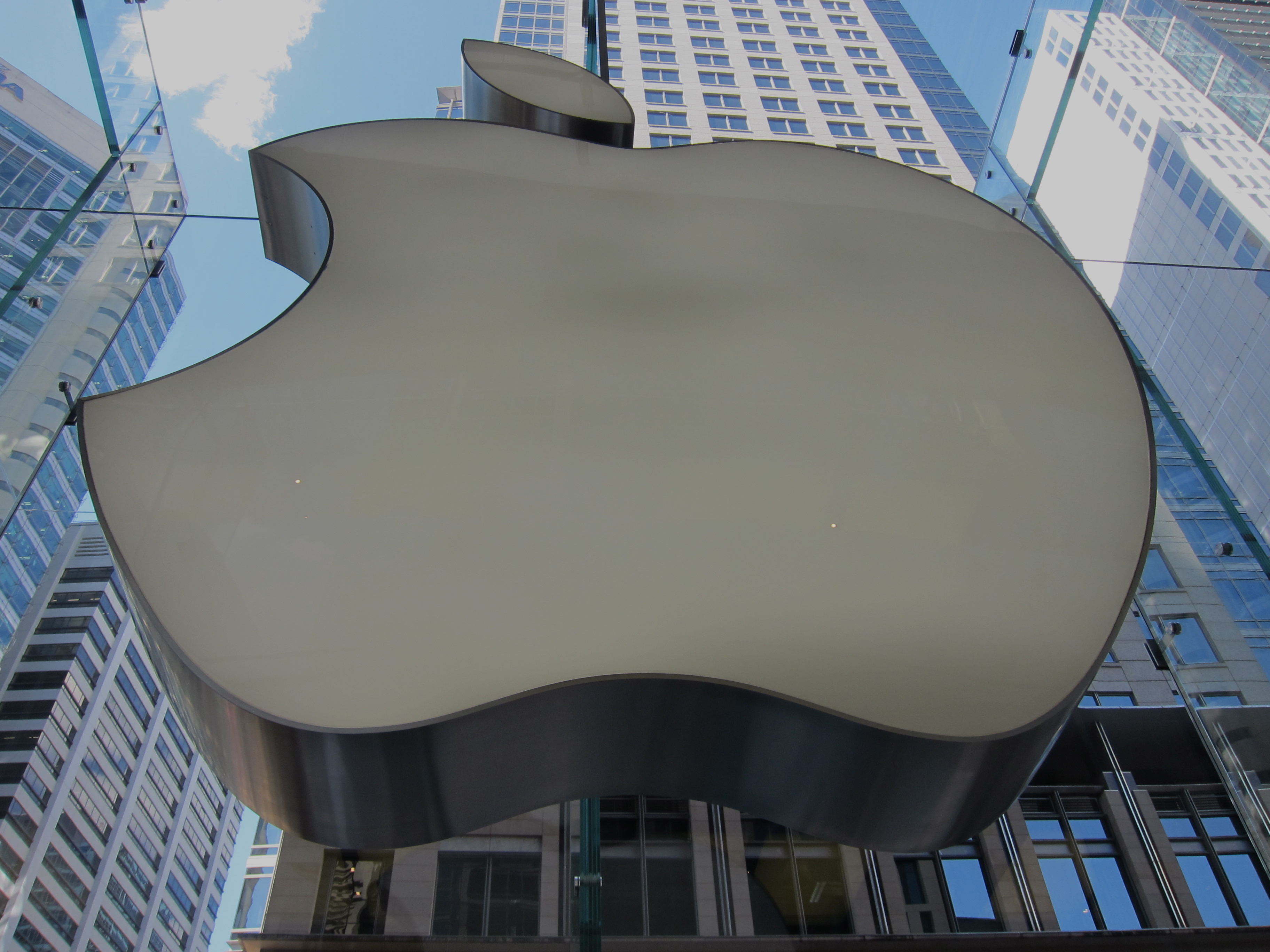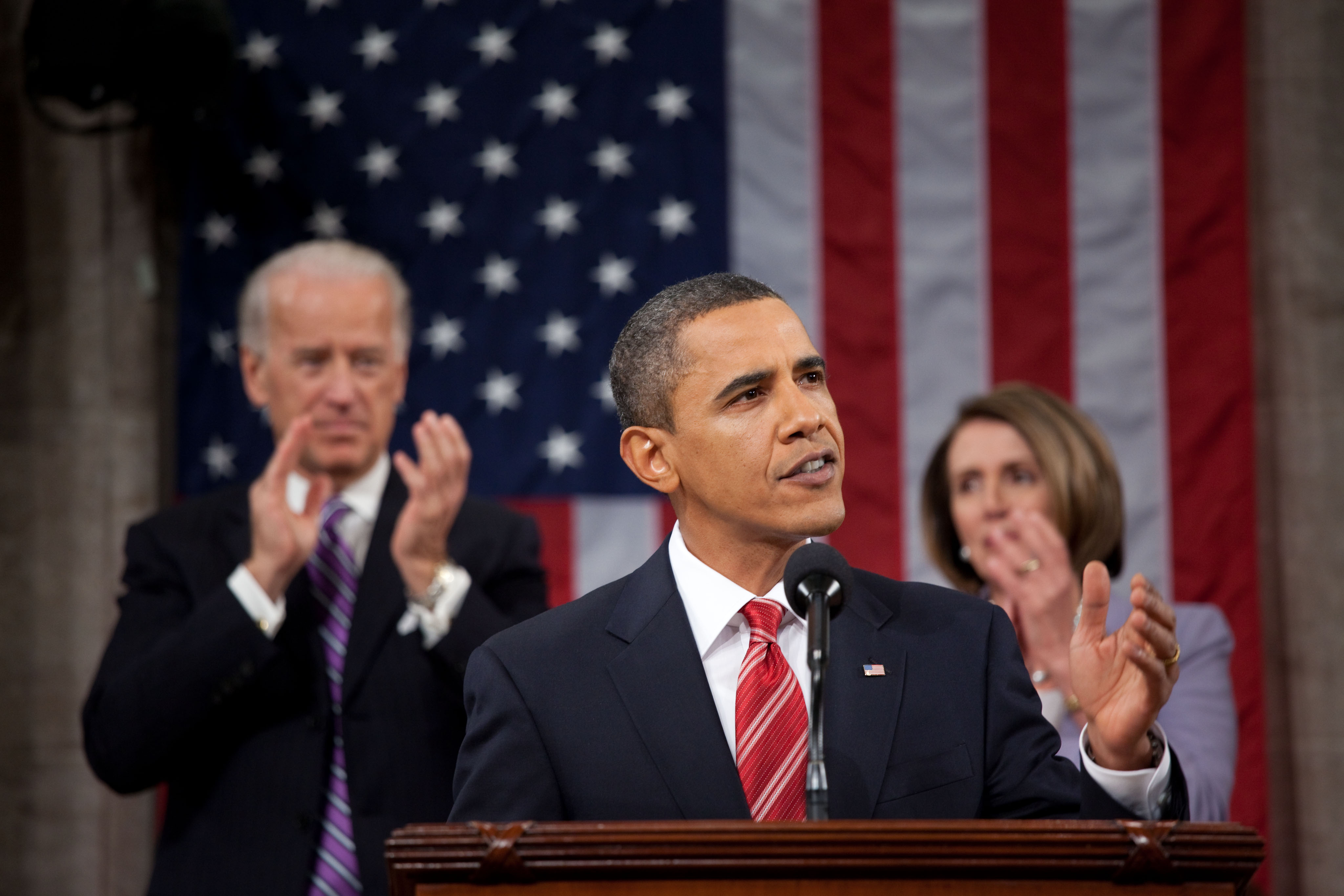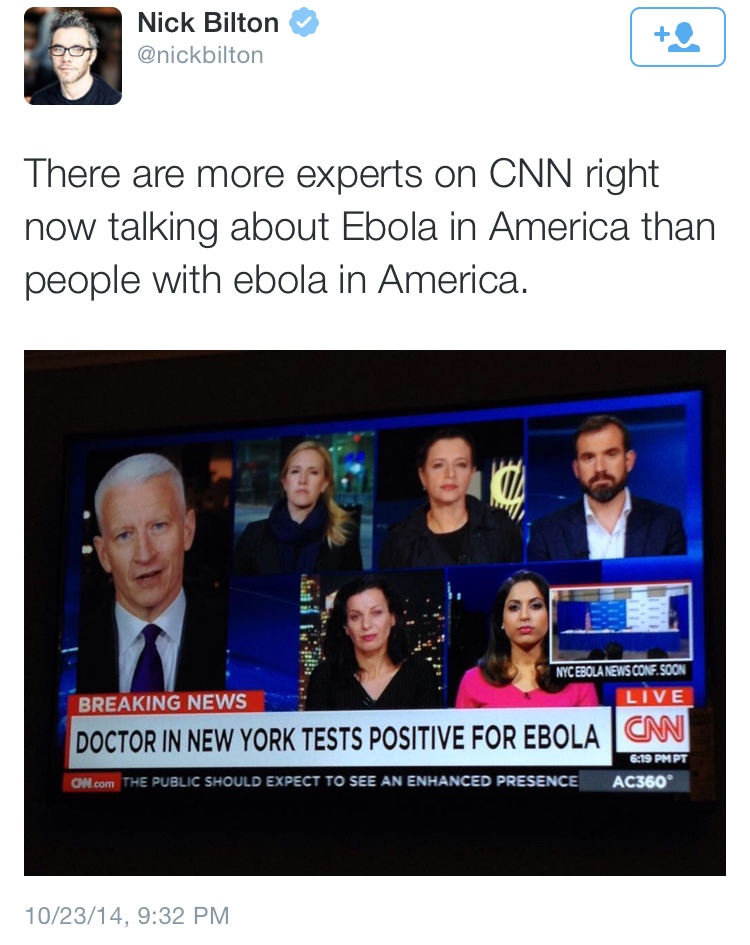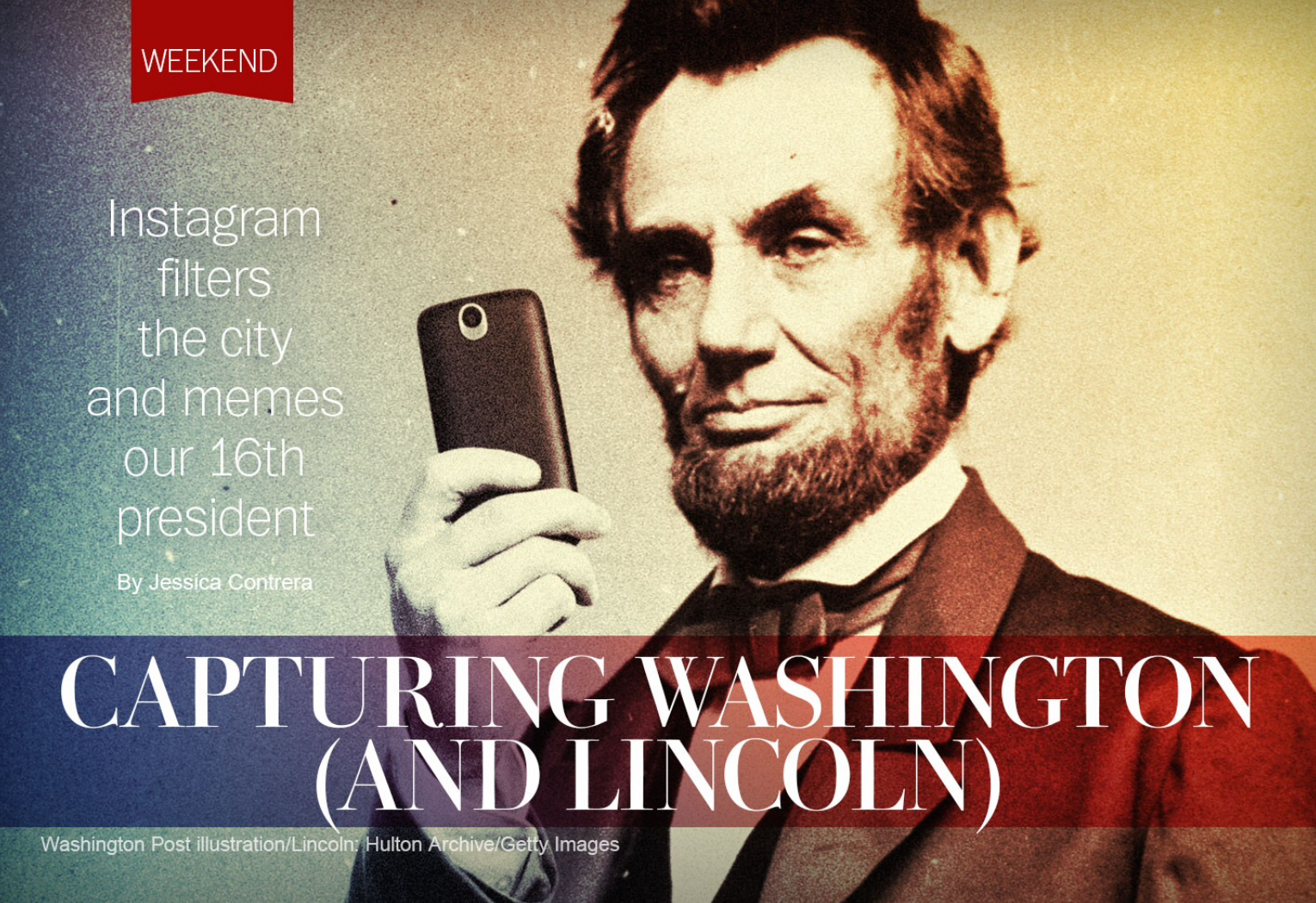Last night, when opening Rolling Stone on iPad Air, Matt Taibbi story “The $9 Billion Witness: Meet JPMorgan Chase’s Worst Nightmare” surprised and delighted. But I wondered: “What the frak?” Nearly 10 months ago, First Look Media brought on the investigative journalist to launch the second of two magazines. I nearly stopped subscribing to RS, because of his departure—instead going from print to tablet digital during my July renewal.
Matt and First Look are parted, and “The Inside Story of Matt Taibbi’s Departure from First Look Media” is surprisingly good journalism, particularly coming from First Look’s other online magazine, The Intercept. John Cook, Glenn Greenwald, Laura Poitras, and Jeremy Scahill share the byline. Is that sink-or-swim-together journalism? Depending on upper management’s reaction to a story that’s not the least kind.
